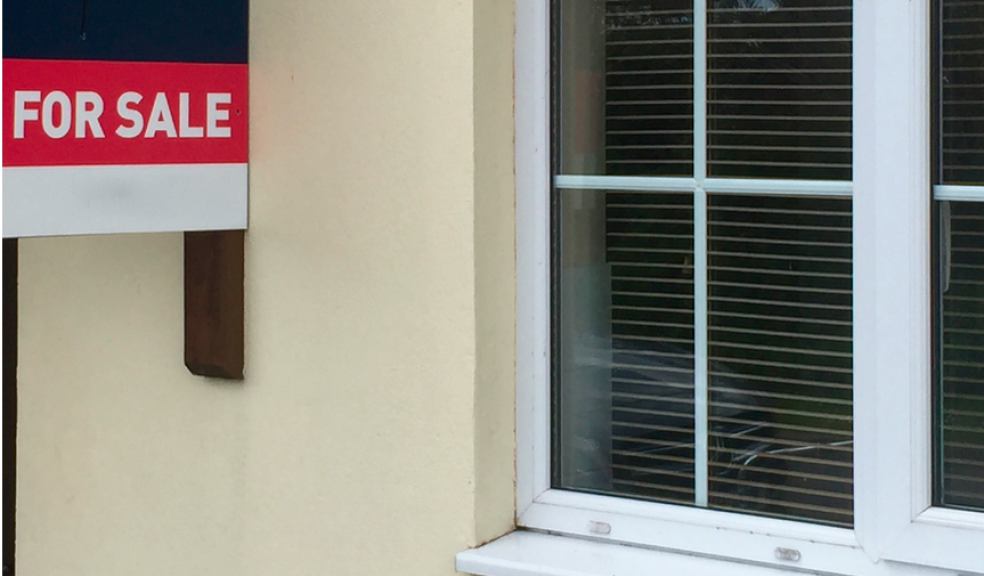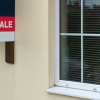
Exeter house prices to rise faster than UK average in next five years
Research published by property consultancy JLL shows that Exeter house prices are expected to rise at a faster rate than the UK average over the next five years.
JLL predicts that Exeter will experience an average year on year price rise of 3.9% between 2017 and 2021, compared with 2.5% for the rest of the UK.
Prices are expected to go up by 4% from last year in 2017 and another 4% in 2018, although JLL expects this year on year increase to slightly fall in subsequent years to 3.5% in 2019 and 2020, before rising again to 4% in 2021.
If you're considering selling your property you will find some very useful advice here.
JLL paints a similar picture for rental forecasts with rents expected to go up by a yearly average of 3.6% over the next five years in Exeter compared with a national figure of 3.3%.
Rental growth is expected to steadily increase with a year on year rise of 3% in 2017, 3.5% in 2018 and 2019 and 4% in 2020 and 2021.
James Petherick, director of residential development at JLL, said: “We expect housing demand in Exeter to remain high during 2017 as the city continues to attract people from outside the area looking for a lifestyle change and more affordability compared with some other cities.
“However, residential development in the city centre has been relatively sparse in recent years with many sites being developed for student accommodation instead. There are also very few suitable sites available and this presents a big challenge for the future.”
The strong housing market in the city is supported by a robust regional economy with employment in Exeter expected to grow well above the South West average. Employment growth in Exeter is forecast to be 4.5% during the next five years which equates to around 3,200 new jobs, compared with the regional figure of 0.9%.
As a result, the number of households in Exeter is expected to increase by around 800 per year but the region is currently building new homes at a much slower rate than projected. How Exeter and the wider region tackles the housing shortfall will be crucial for both its residents and its future prosperity.
James added: “In the city centre, development land tends to be smaller or more complex compared with the outskirts and as a result there are only a few housing schemes under construction. The resulting lack of choice continues to drive up prices.”
Buying an apartment in Exeter typically costs around £200,000 and £300,000 for one and two-bedroom flats respectively although high-end schemes have achieved significantly higher prices. On average, house prices increased by 6.4% year on year during 2016.
Exeter’s city centre lettings market is also very active with demand coming largely from long term renters, students and people looking to rent after relocating to the area. Competition is high with most properties being let within two weeks of coming to the market.
Rents are on average £650 per month and £900 per month for a one-bedroom and two-bedroom apartment respectively. High demand and limited supply in new developments led to an average year on year increase in rents of 5.2% in 2016.
James said: “Overall, the prospects for Exeter and the wider region are very promising and we expect the city to remain a popular place to live and work. Given the lack of development sites available, we expect development activity to continue in urban extensions to the east and south west of the city. However, identifying and unlocking under-used city centre sites must be a priority for Exeter.”
To read the report, go to http://residential.jll.co.uk/new-residential-thinking-home/research




















